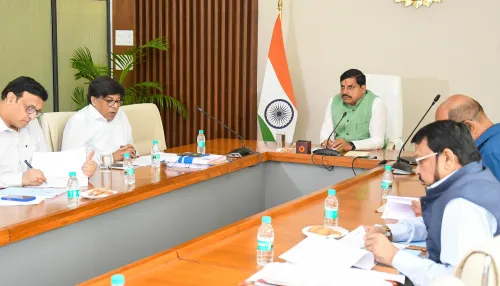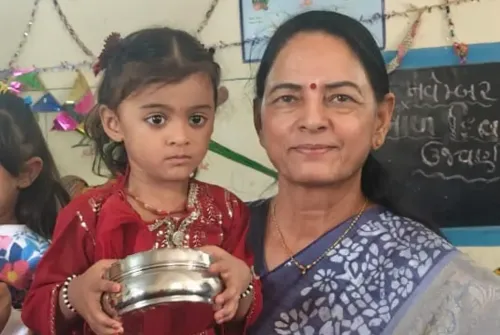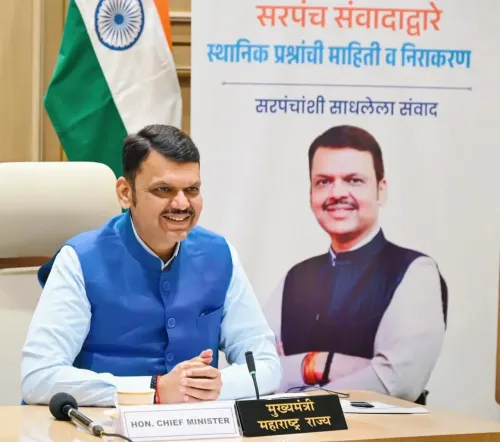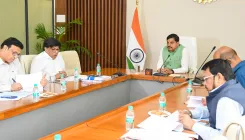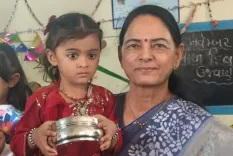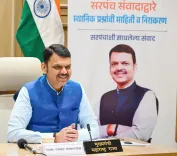Should Himachal CM Advocate for 7.19% Share on Chandigarh?
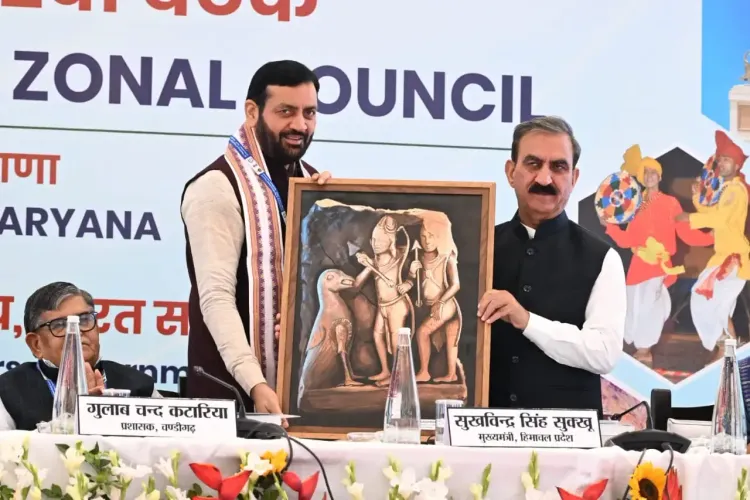
Synopsis
Key Takeaways
- Himachal Pradesh's claim to Chandigarh is rooted in legal provisions.
- The Supreme Court's ruling supports the state's share based on population ratios.
- Proposals for hydropower project management are aimed at maximizing local benefits.
- Emphasis on disaster management reforms is crucial for the state's resilience.
- Tourism infrastructure expansion is key to economic growth.
Faridabad, Nov 17 (NationPress) The Chief Minister of Himachal Pradesh, Sukhvinder Singh Sukhu, on Monday emphasized the state’s rightful claim to a 7.19 percent share of Chandigarh, including its land and assets. This claim is grounded in the provisions of the Punjab Reorganisation Act of 1966. He also referenced the Supreme Court ruling from 2011, which affirmed that Himachal Pradesh is entitled to this share based on the population ratio transfer stipulated in the Punjab Reorganisation Act, serving as the foundation for its rightful share in the power generated by the Bhakra Beas Management Board (BBMB).
CM Sukhu made these remarks during the 32nd meeting of the Northern Zonal Council in Faridabad, chaired by Union Home Minister Amit Shah.
He also called for the release of overdue payments from the BBMB in line with the Supreme Court's ruling and requested the appointment of a permanent member from Himachal within the BBMB.
Additionally, he urged the implementation of a policy that grants 12 percent free power royalty to the state in centrally-managed hydropower projects, advocating for an increase in the state’s free royalty to 50 percent for projects where costs have been recouped.
CM Sukhu insisted that this matter be included in the agenda for the upcoming Northern Zonal Council meeting to ensure Himachal receives its rightful entitlements.
He requested the transfer of hydropower projects in Himachal Pradesh that have been operational for 40 years back to the state. The Chief Minister also sought full central funding for the power components of the under-construction Kishau and Renuka dam hydel projects, and demanded that, upon completion, electricity be divided equally between Himachal Pradesh and Uttarakhand.
Moreover, CM Sukhu called on the Centre to reassess disaster relief regulations and to update both pre- and post-disaster management strategies due to the growing vulnerabilities faced by hill states. He emphasized the need for a unified, interdependent, and sustainable development approach for the northern region, considering the increasing frequency of natural disasters linked to climate change.
He mentioned that a coordinated plan is crucial to safeguard the economies of hill states like Himachal Pradesh and reduce human casualties through targeted efforts. Stressing the state’s strategic location and tourism prospects, CM Sukhu highlighted the urgent requirement to enhance the air travel network in Himachal.
He stated that the state government is working on upgrading the Kangra airport to an international standard and requested the Centre to fund land acquisition costs, provide complete financial support for the project, and develop a separate master plan for smaller airports and heliports in the state.
The Chief Minister proposed the creation of a high-altitude research center, an ice hockey stadium, an adventure sports training center, and other facilities in border and high-altitude regions to support local communities and foster tourism. He also called for the initiation of the National Buddhist Institute project in the tribal region of Spiti.
He elaborated on the government’s initiatives to boost border tourism from Shipki-La along the Indo-Tibet border, reiterating the demand to commence the sacred Kailash Mansarovar Yatra from Shipki-La.
Regarding the issue of narcotics, the Chief Minister highlighted that Himachal Pradesh is actively engaged in a multi-faceted campaign against drug trafficking.

